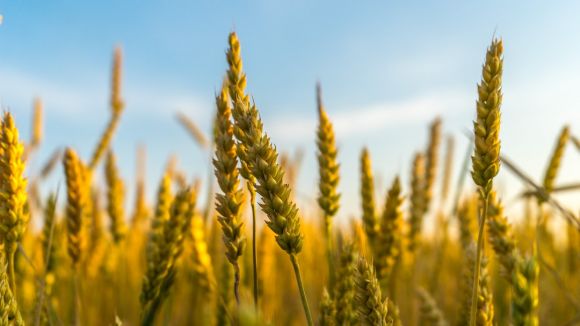Crop stress is a common concern for farmers and agriculturalists worldwide. It refers to the negative impact of environmental factors on the growth and development of crops, leading to reduced yields and economic losses. However, with proper management strategies, farmers can minimize the effects of stress and promote optimal crop growth. In this article, we will explore some effective strategies for managing crop stress.
Understanding Crop Stress
Before delving into the strategies, it is essential to understand the various types of crop stress. Environmental factors such as drought, heat, cold, flooding, salinity, and nutrient deficiencies are among the primary sources of stress. Additionally, biotic factors such as pests, diseases, and weeds can also cause stress in crops. By identifying the specific stressors affecting their crops, farmers can tailor their management practices accordingly.
Optimizing Soil Health
Healthy soil is the foundation for robust crop growth and stress tolerance. Farmers should focus on improving soil fertility and structure through practices such as soil testing, proper nutrient management, and organic matter addition. Implementing crop rotation and cover cropping can also help enhance soil health, reduce erosion, and increase water-holding capacity, mitigating the effects of stress.
Irrigation Management
Water scarcity is a significant stressor for crops, especially in arid and semi-arid regions. Efficient and proper irrigation management is crucial for mitigating water stress. Farmers should consider using drip irrigation or other precision irrigation techniques to ensure water is applied directly to the root zone, minimizing wastage. Monitoring soil moisture levels and utilizing smart irrigation scheduling tools can help optimize water use and prevent over or under-watering.
Climate-Smart Agriculture
Climate change is exacerbating crop stress, making it essential to adopt climate-smart agricultural practices. These practices focus on improving resilience to climate-related stresses while reducing greenhouse gas emissions. Examples include conservation agriculture, agroforestry, and the use of climate-smart crop varieties. By implementing these practices, farmers can adapt to changing climatic conditions and minimize the impact of stress on their crops.
Integrated Pest Management
Pests, diseases, and weeds can significantly impact crop health and productivity. Integrated Pest Management (IPM) is a holistic approach that combines various strategies to manage pests sustainably. This includes cultural practices, such as crop rotation and intercropping, biological control methods, and judicious use of pesticides. Implementing IPM not only reduces the reliance on chemical inputs but also enhances the overall health and resilience of the crop.
Nutrient Management
Proper nutrient management is crucial for minimizing nutrient stress and ensuring optimal crop growth. Conducting regular soil tests can help determine nutrient deficiencies and guide fertilizer application. Farmers should also consider using organic fertilizers and incorporating nutrient management practices such as balanced fertilization, foliar feeding, and soil amendments. By providing crops with the necessary nutrients, farmers can enhance their stress tolerance and overall productivity.
Crop Monitoring and Early Detection
Regular monitoring of crops is vital for early detection and prevention of stress-related issues. By closely observing the crop’s appearance, growth patterns, and any signs of pests or diseases, farmers can take timely action to mitigate stress. Implementing remote sensing technologies and using sensor-based systems can also help detect stress factors such as water or nutrient deficiencies before they become visually apparent.
In conclusion, managing crop stress is essential for ensuring optimal growth and maximizing yields. By understanding the different types of stress and implementing appropriate strategies, farmers can minimize the negative impact on their crops. Optimizing soil health, efficient irrigation management, adopting climate-smart agricultural practices, implementing integrated pest management, and proper nutrient management are some of the key strategies to consider. Additionally, regular crop monitoring and early detection of stress factors are crucial for taking timely action. By implementing these strategies, farmers can promote optimal crop growth and increase their agricultural productivity.
